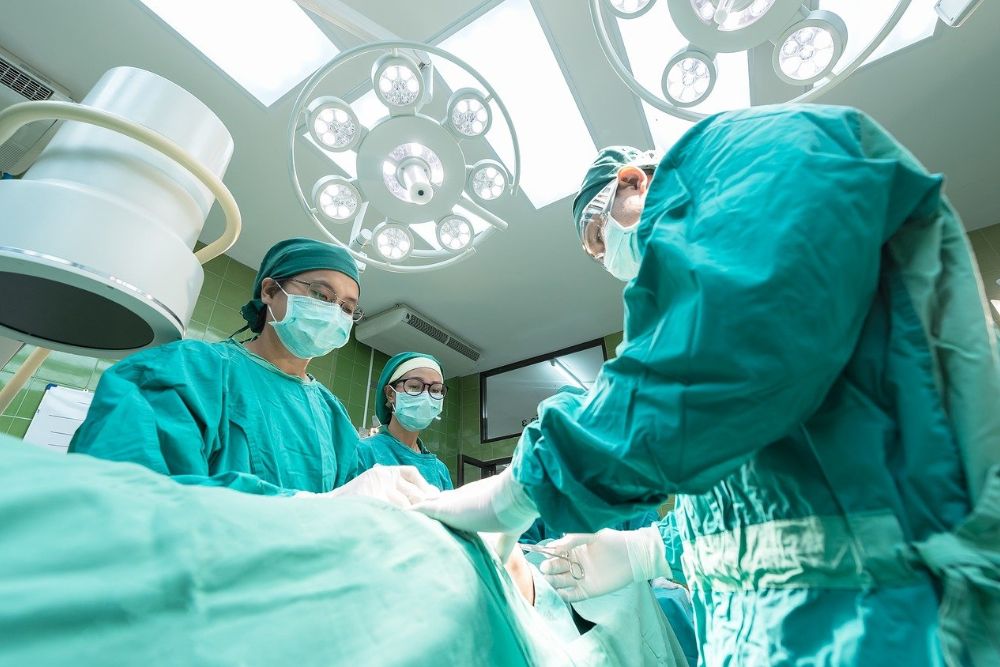
A review of orthopaedics and theatre at Jersey's General Hospital has made 36 recommendation for improving services.
UK inspectors have suggested ways elective surgery waiting lists could be reduced.
Addressing high staff absence rates and the reliance on long term locums are among the recommendations to hospital bosses.
Theatres should operate more days of the year, and staff contracts changed to allow for weekend and out of hours working.
The hospital should keep a pool of standby patients to fill gaps created by cancelled procedures.
Health Minister Tom Binet says he has published this Getting it right first time' report, which wouldn't normally be released, as part of 'his commitment to keep the public informed' of ongoing work to improve under-fire healthcare services.
"In the past, a report of this nature would not normally be released. However, having discussed with senior officers, we are all of the opinion that it would be helpful for you to have sight of the work that is being undertaken to ensure the best long-term use of public funds."
The Getting it Right First Time (GIRFT) is a national programme led by Professor Tim Briggs of the Royal National Orthopaedic Hospital.
It aims to improve hospital efficiency and increase productivity.
The team was in the island in April.
It also found that there needs to be a review of radiology service equipment and upgrades where necessary;
"We heard that the scanning equipment is old and the software on the MRI scanner requires updating as it is currently not possible to screen for prostate cancer."
In his report summary, Professor Briggs says:
"All staff, both clinical and operational, were very open and honest in providing views on where they felt there were challenges and recognised that there is a real opportunity to improve services. All were enthusiastic about embracing changes in practice, if this would improve services for their local population.
"We saw excellent facilities, with many examples of good practice. This confirms our view that JGH has an opportunity to become an exemplar hospital, which will improve care for all patients and encourage additional private patients to use the facilities."
He says the recommendations should be taken forward 'at pace'.


 DFDS brings in replacement ship for Portsmouth sailings
DFDS brings in replacement ship for Portsmouth sailings
 100 days until Orkney Island Games begin
100 days until Orkney Island Games begin
 £200k padel facility coming to Les Ormes in May
£200k padel facility coming to Les Ormes in May
 Two islanders trapped in a lift rescued from sixth-floor fire on the Esplanade
Two islanders trapped in a lift rescued from sixth-floor fire on the Esplanade
 Rooftop bar, climbing wall and concert hall in £110m Fort Regent plans
Rooftop bar, climbing wall and concert hall in £110m Fort Regent plans
 3m tall substation and bin store proposed for Gorey promenade
3m tall substation and bin store proposed for Gorey promenade
 European visitors now need permit for UK entry
European visitors now need permit for UK entry
 Islanders can catch some winter sun with direct flights from Jersey to Tenerife
Islanders can catch some winter sun with direct flights from Jersey to Tenerife

